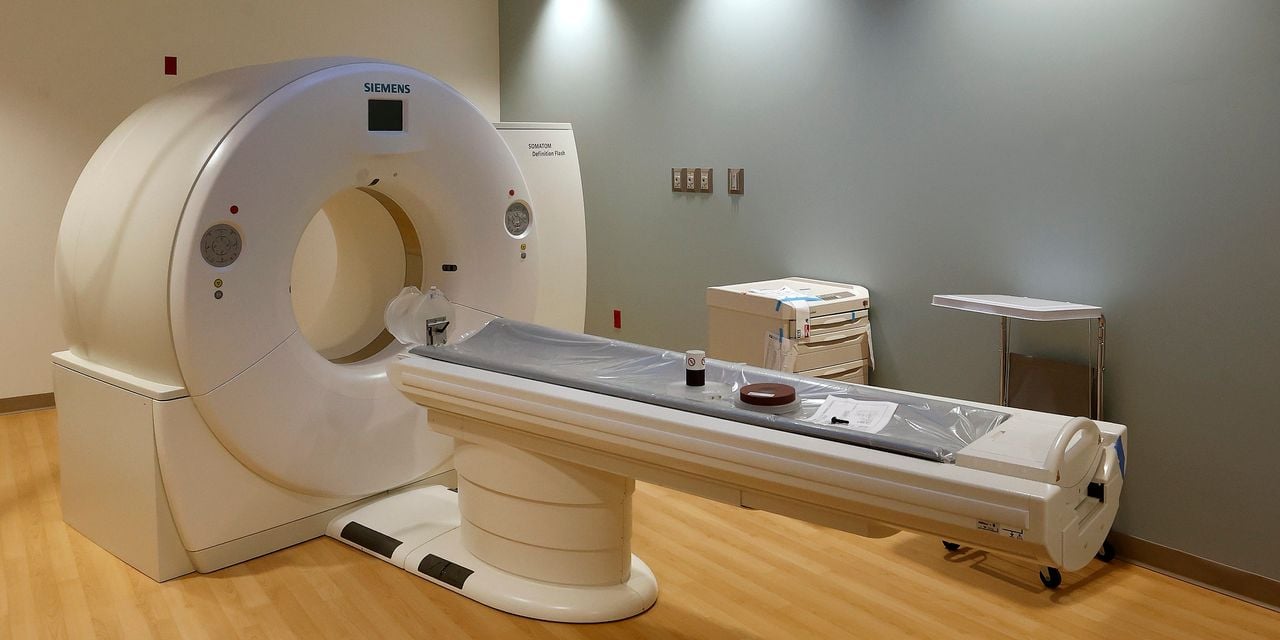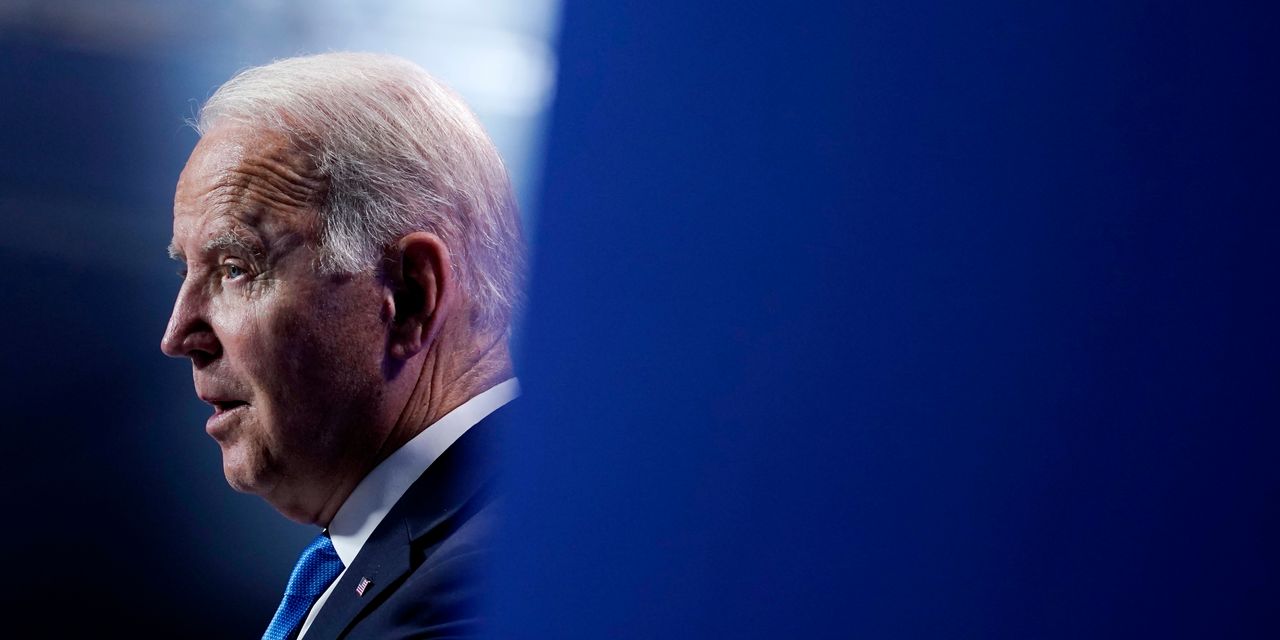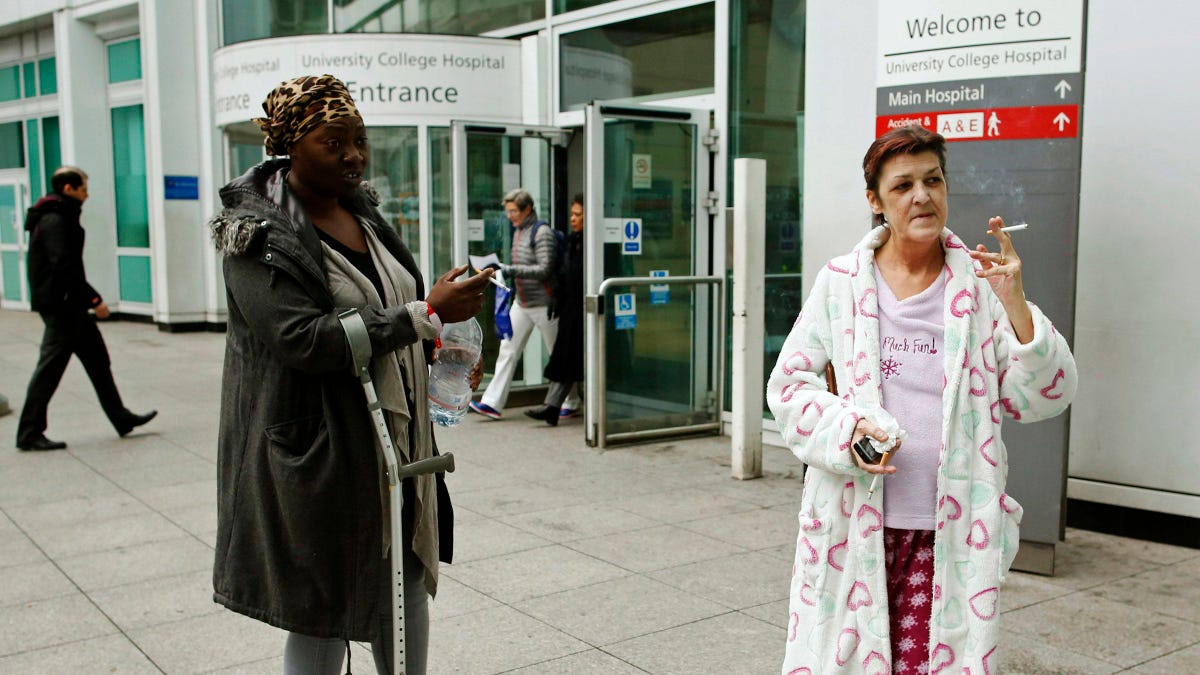- Joined
- Apr 28, 2005
- Messages
- 1,201
- Reaction score
- 3,464
No surprises here but I imagine the magnitude of the price spreads seen here are probably the same in rad onc.
I hadn't seen before that fine for not releasing prices is going up from $109,500/year to $2,000,000/year, which is still a rounding error for the MDACC of the world.

 www.wsj.com
www.wsj.com

 www.wsj.com
www.wsj.com
I hadn't seen before that fine for not releasing prices is going up from $109,500/year to $2,000,000/year, which is still a rounding error for the MDACC of the world.
Some Hospitals Charge Up to 10 Times More for Medical Scans Than Others, Study Finds
The report, based on once-secret pricing data and published in the journal Radiology, found that thousands of hospitals didn’t report their prices despite a new federal requirement.
Hospitals Face Steeper Fines for Shunning Federal Price-Disclosure Rules
Under a new U.S. government rule, large hospitals could pay as much as $2 million annually if they don’t make prices public, which some haven’t done despite federal requirements.




